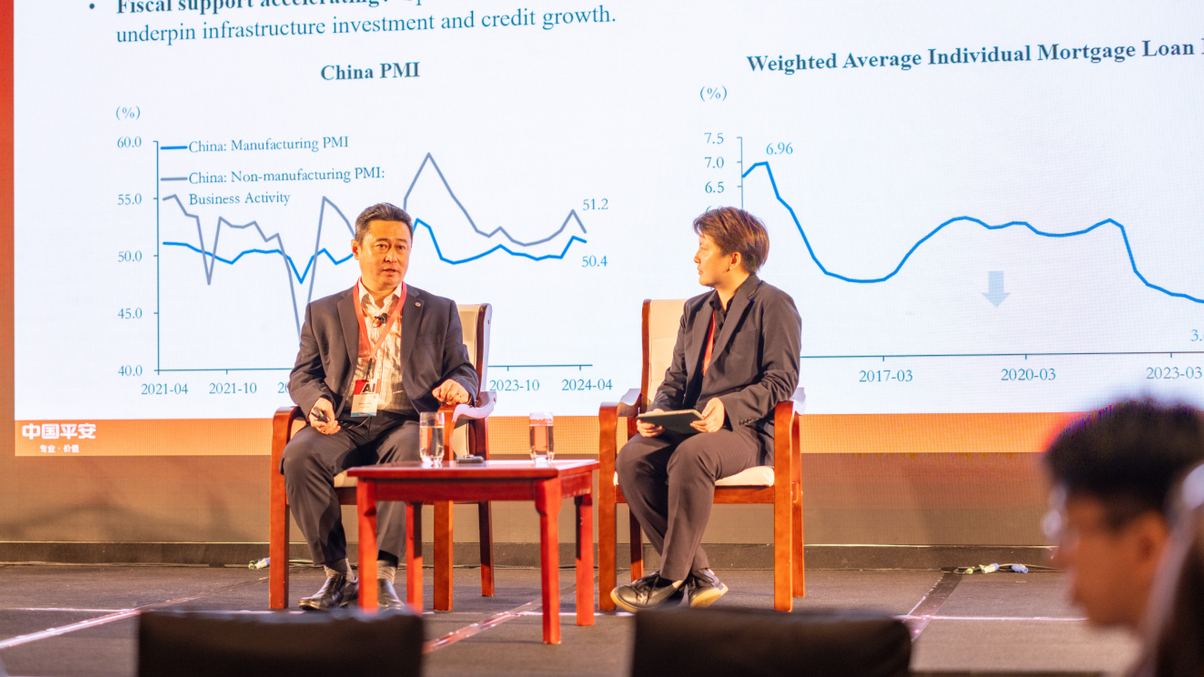Ping An bets on policy push, SOE stocks amid China uncertainty
Ping An Insurance's investment chief expects two US rate cuts this year, allowing China to follow suit — coupled with more fiscal stimulus on property and domestic consumption.

Ping An Insurance Group's Benjamin Deng is banking on China's policy support and high-dividend state firm shares to navigate economic headwinds, while anticipating US rate cuts that could allow Beijing to further ease monetary conditions.
Sign in to read on!
Registered users get 2 free articles in 30 days.
Subscribers have full unlimited access to AsianInvestor
Not signed up? New users get 2 free articles per month, plus a 7-day unlimited free trial.
¬ Haymarket Media Limited. All rights reserved.


